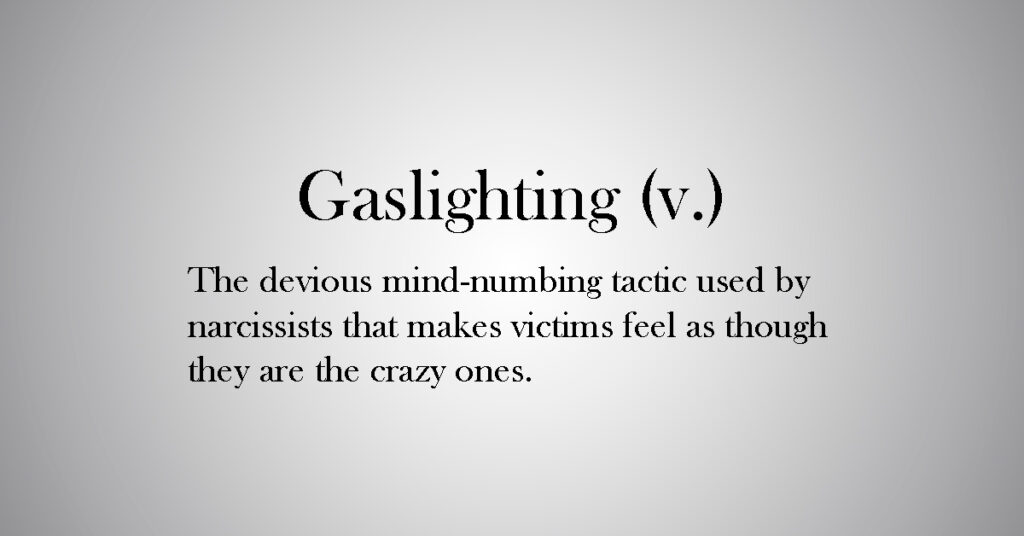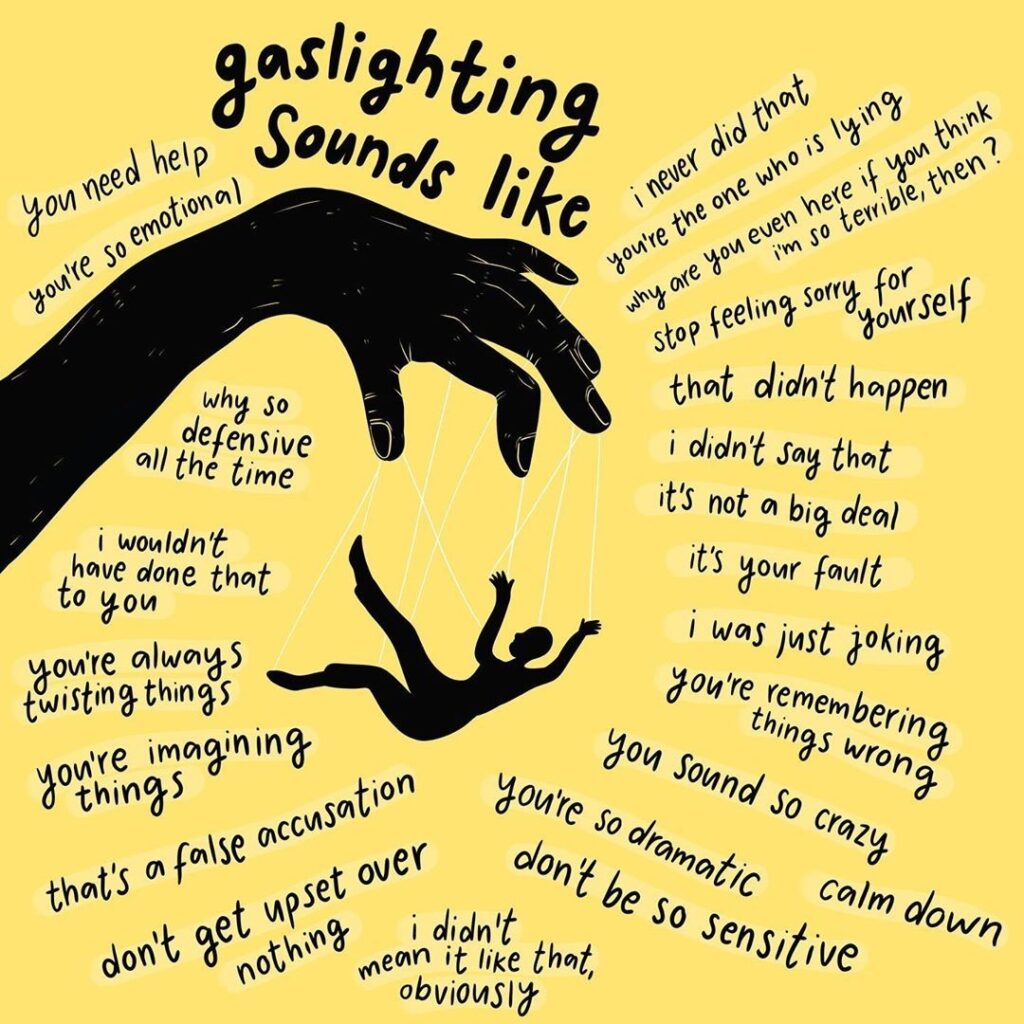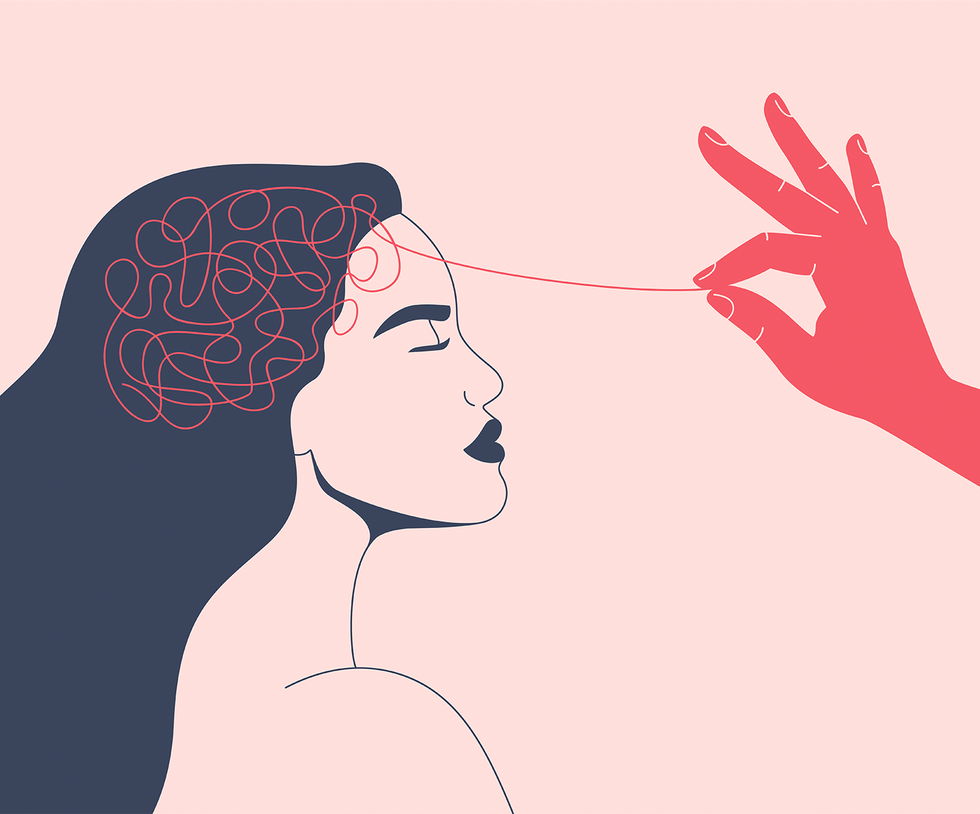By Rania Tsoli,
A soul is an enigma; an endless labyrinth with an unfathomable number of alleys and secret paths that lead to the infinite mysteries of the human spirit, many of which have yet to be solved. The maze that is one’s inner world is a true masterpiece of memories and stimuli entangled in its webs; a single moment, a mere glance, a fleeting feeling, can all change the way we see the world, especially at a tender age. The tiniest of details can help shape our personality and how we feel, think, and act. Unfortunately, some of the things we experience in our early lives can sometimes have an unpleasant impact on us: they can leave us with either some minor flaws that are only normal for anyone to have, or some pretty serious damage that can negatively – and often destructively – affect our way through interactions, relationships, and life.
Not owning up to mistakes, compulsively lying, and having a manipulative attitude – whether that is knowingly or subconsciously – are some examples of troubling personality faults. On top of that, however, these attributes double as the main red flags that warn us about someone engaging in a toxic behavior known as “gaslighting”. Let us first get familiar with the term, in order to afterward dive into a deeper analysis of the phenomenon. Gaslighting is a colloquialism, loosely defined as making someone question their own reality; it is a form of manipulation, and often an insidious and covert type of emotional abuse. The term “gaslighter” can be used to describe a person who presents a false narrative to another group or person, leading them to doubt their perceptions and become disoriented or distressed. When the audience is susceptible, such as in uneven power relationships, or when the audience is afraid of the consequences of exposing the false narrative, this dynamic is most prevalent. Note that gaslighting is not necessarily malicious or intentional, although, admittedly, in many cases it is.
The story behind the word’s etymology is quite interesting: the term is derived from a 1938 play by Patrick Hamilton, known in America as Angel Street and later developed into the film Gas Light by Alfred Hitchcock. In the thriller film, a manipulative husband tries to persuade his wife that she is losing her mind by making subtle changes to her environment, such as gradually reducing the flame on a gaslight. He not only disrupts her surroundings and convinces her that she is nuts, but he also abuses and dominates her, isolating her from her family and friends. Consequently, the wife is constantly second-guessing herself and her sanity; she questions her feelings, memories, thoughts, and perception more and more with each lie that she is told while feeling neurotic, hypersensitive, and out of control of her emotions and reality.

Gaslighting primarily occurs in romantic relationships, but it is not uncommon for it to occur in controlling friendships, families, and workspaces as well. Toxic people use this type of emotional abuse to exert power over others in order to manipulate romantic partners, friends, family members, and co-workers. Gaslighting may leave you continually second-guessing yourself, as well as overwhelmed, bewildered, and unsure of your capacity to make independent judgments. There are plenty of key signs that can help you realize you are experiencing emotional abuse from a gaslighter, which you can often pinpoint through your own symptoms and behaviors. Those include frequent feelings of worry, panic, and nervousness, as well as a loss of confidence, whether that is to a small or large extent. You might be constantly wondering if you are too sensitive and feel disconnected from your sense of self; almost as if you are losing your identity. It is very common for the victim to constantly believe that they cannot do anything right, and therefore blame themselves when things go wrong and have an urge to apologize all the time. It is also frequented for the gaslighted to have a persistent sense that something is not right, without being able to identify exactly what seems to be wrong. This odd feeling can lead to a lingering sense of hopelessness, frustration, or emotional numbness.
By now, I bet you are wondering: why would a person find the need to behave in such a toxic manner? What do they get out of it? Apart from some apparent responses, such as gaslighting someone to hide something, there are more nuanced and less obvious reasons why gaslighters do what they do, whether purposefully or unintentionally. Some people cannot stand it when key people in their lives disagree with or criticize their viewpoints, such as friends, romantic partners, loved ones, or someone they look up to whose opinion they value. To retain their sense of power and control, gaslighters require you to believe and accept their version of events when they feel threatened. Undermining others’ view of oneself as an autonomous center of thinking, judgment, and action is an efficient technique to eliminate the possibility of criticism. This effectively reduces the target’s capacity to criticize or respond independently, leaving the gaslighters with a sense of superiority; being right allows them to validate themselves.
You cannot always prevent yourself from getting closer with people prone to developing such toxic and manipulative behaviors. You can, however, slowly regain control and prevent the situation from getting out of hand. The first thing you should work on gaining back is trust in yourself and your sanity. Gaslighting can make you question yourself, so what you can do is preserve evidence of your experiences. Keep a journal and save emails and text conversations so that you can look back at them in moments of uncertainty. That way, you will remind yourself that you should not doubt or question your perspective and memory when you have concrete proof of how a situation went down. It is sometimes useful to get some distance: taking a step back from the extreme negativity and overpowering feelings that gaslighting may elicit is typically beneficial. This way, you can keep your cool when the next gaslighting incident occurs and make some progress by considering your next options calmly. By setting boundaries, you show confidence and tell others what you are willing to accept in a relationship. It should be crystal clear to both you and the other person that you will not allow them to engage in actions such as trivializing your point of view and refusing to hear what you have to say.

Gaslighting is a serious issue that should not be taken lightly. Though not always intentional, it is a form of emotional abuse and manipulation that can end up interfering with a person’s mental stability as well. The causes are plenty and the symptoms that a victim shows are just as many. Thankfully, there are a lot of ways to deal with the phenomenon, which all aim towards the gaslighted regaining trust in themselves and getting out of a toxic and controlling situation. If you feel like you are being gaslighted by a person in your life, attempt talking to a loved one about what you are going through, in order to gain another person’s perspective: the situation can become clearer through another’s eyes. If it does not seem to be getting any better, however difficult it might be, you should consider leaving the relationship, whatever type of relationship it is. We can often get trapped in a vicious cycle, where we feel tied down and obligated to stay and make things work; but that should not be the case. No matter who the other person is, remember: your mental health is what matters the most.
References
- Gaslighting, wikipedia.org, Available here
- How to Recognize Gaslighting and Get Help, healthline.com, Available here
- What Is Gaslighting?, verywellmind.com, Available here




